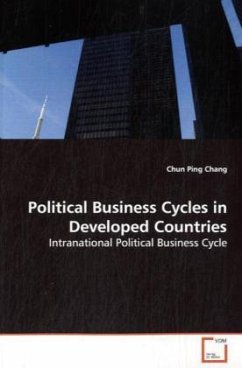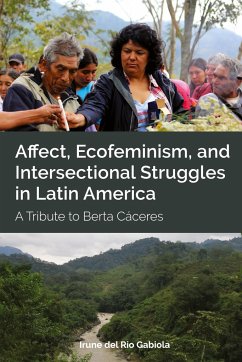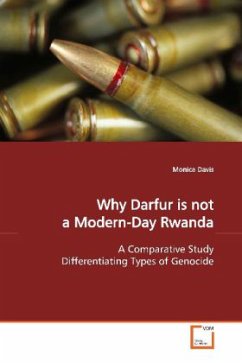
If ratification does not affect compliance, why do countries bother?
An investigation into child labor and the minimum age to work convention
Versandkostenfrei!
Versandfertig in 6-10 Tagen
32,99 €
inkl. MwSt.

PAYBACK Punkte
16 °P sammeln!
The most interesting research questions of politicaleconomy are on those subjects which somehow injureour moral sensibilities, but where there is no clearpolicy avenue through which to address them. Thisbook deals with just such a topic: while it isuncontroversial to say that a world without childlabor would be better than one with, it is not clearthat legislation, either national or international,will be successful in reducing it. This book presentssome evidence that fits nicely with intuitions aboutchild labor in the developing world. Regressionanalysis of panel data covering 150 countries f...
The most interesting research questions of political
economy are on those subjects which somehow injure
our moral sensibilities, but where there is no clear
policy avenue through which to address them. This
book deals with just such a topic: while it is
uncontroversial to say that a world without child
labor would be better than one with, it is not clear
that legislation, either national or international,
will be successful in reducing it. This book presents
some evidence that fits nicely with intuitions about
child labor in the developing world. Regression
analysis of panel data covering 150 countries from
1970-2004 shows that macroeconomic conditions are
significant determinants of child labor, defined here
as the percent of children ages 10-14 who participate
in the workforce. The study shows that ratification
of the ILO's child labor convention does not
significantly predict lower levels of child labor,
leaving the second part of the book to answer the
question: If ratifying the child labor convention
does not affect compliance, why do countries bother?
economy are on those subjects which somehow injure
our moral sensibilities, but where there is no clear
policy avenue through which to address them. This
book deals with just such a topic: while it is
uncontroversial to say that a world without child
labor would be better than one with, it is not clear
that legislation, either national or international,
will be successful in reducing it. This book presents
some evidence that fits nicely with intuitions about
child labor in the developing world. Regression
analysis of panel data covering 150 countries from
1970-2004 shows that macroeconomic conditions are
significant determinants of child labor, defined here
as the percent of children ages 10-14 who participate
in the workforce. The study shows that ratification
of the ILO's child labor convention does not
significantly predict lower levels of child labor,
leaving the second part of the book to answer the
question: If ratifying the child labor convention
does not affect compliance, why do countries bother?












